Bob Navarro, a legendary pioneer Californian journalist and one of the first Spanish-speaking TV and radio hosts in Southern California, is dead at 92. Unfortunately, this week we lost one of the great pioneers of broadcast journalism and Latino representation in the media in Gonzalo ‘s Navarro’s untimely demise.
Navarro, born on March 15, 1932, in El Paso, was raised in South Los Angeles; after being in the Army he first started broadcasting. His experience in journalism was began in 1967 when he joined the KNXT-TV Channel 2 (now CBS Los Angeles) and he has done the news writer in ‘The Big News’ program firstly. At the time the candidate was Navarro, the first Chicano journalist in the newsroom where diversity was critically lacking.
His illustrious career lasted close to four decades in which he faced the cameras, starting as the technical aspects of the job had previously been his domain. Navarro had a daily program that featured Bob Navarro’s interview with different personalities, this show made him almost a house hold name to thousands of people in Los Angeles. His sedate methods of posing questions also grew to be characteristic of him as a journalist.
As news correspondent, Navarro became popular for his passion to capture Latino stories without stereotyping them. He formed part of the first board of directors of the California Chicano News Media Association which was founded in 1972 to ensure the Latino community was well represented in the media. Regardless of the topic, Navarro continued to fight for complete coverage of every aspect of the Latino experience, especially against stereotyping.
The people that admired Navarro for his abilities also appreciated his character: Navarro is also remembered by his colleagues and peers. Joe Saltzman, a professor of journalism and communication at the University of Southern California – described Navarro as being one of the friendliest, and most tolerant of men in the news business however, endured racism and intolerance.
Perhaps one of the biggest events that Navarro captured on camera was the Chicano Moratorium in August of 1970. The culmination, which united to 30 000 people, sad ended for Chicano Ruben Salazar, the journalist. This paper therefore sought to show how Navarro’s report of the event and his later endorsement of Salazar’s demise had special ramification to the Latinos and journalism profession.
Afterwards, in early Nineties, Navarro changed his position and became director of the KCBS editorials. As change in newsroom diversity occurred during his journalism career, Navarro insisted that diverse people should cover leadership roles in media houses. He exhorted young journalists to do good for their ideas and work, and to look for the stories that nobody else wanted to report.
What has been said above refers to Navarro’s personal achievements only partially, as the man left a great legacy behind. He was also a kind influence to many other journalists who had the opportunity to follow in his footsteps. The significant impact he made with encouraging sources of diversity and ensuring that more thorough coverage was given to all groups is making an impact in journalism throughout California and beyond.
The following contributions by Navarro are evidence of the progress of media in diversity, as it keeps advancing in its space: His landmark reporting made it easier for many other Latino journalists to begin reporting for the masses and improved the way the Latino experience in America was reported on. Eng论 lagi his effect on newsrooms across California; to newcomers of this vocation, he established equitable and unprejudiced principles in journalism.
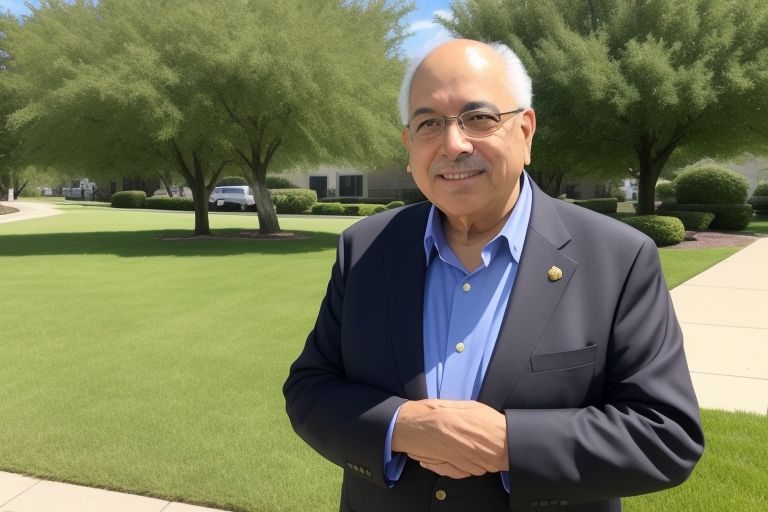
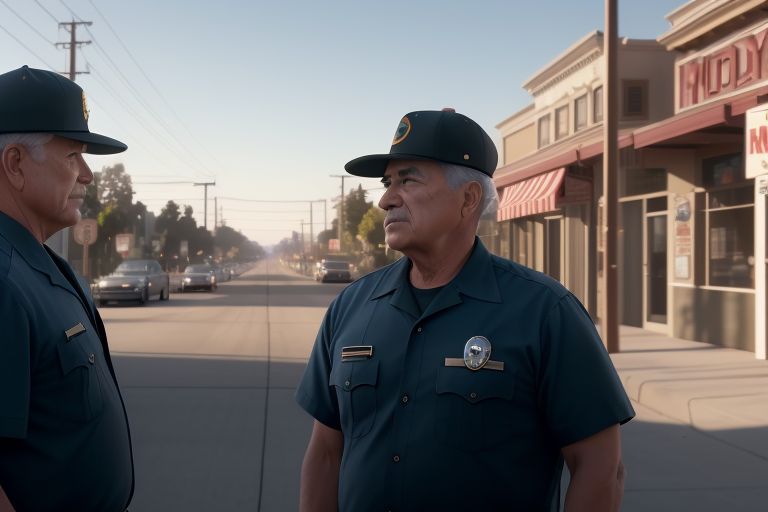
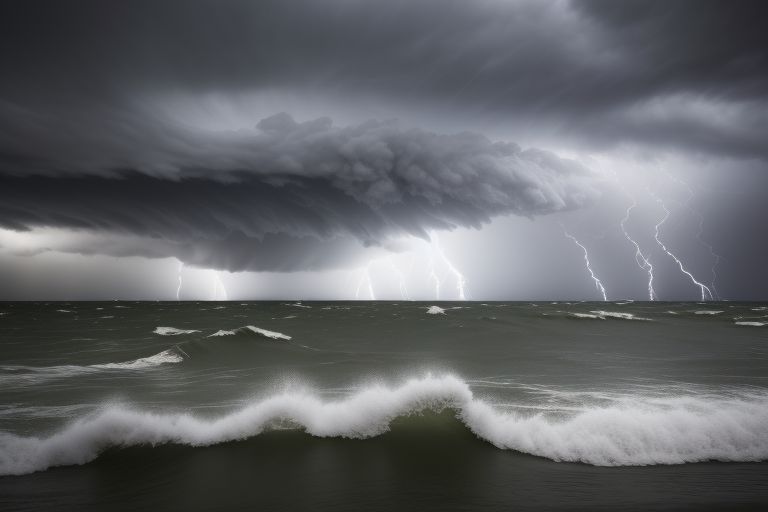

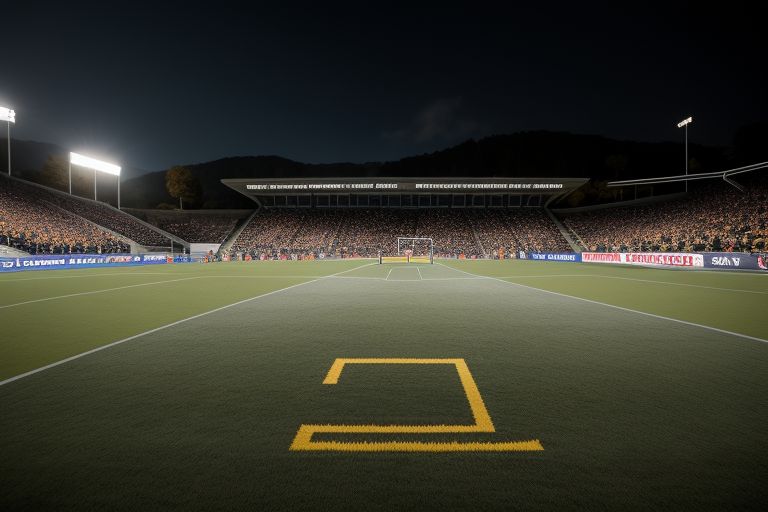
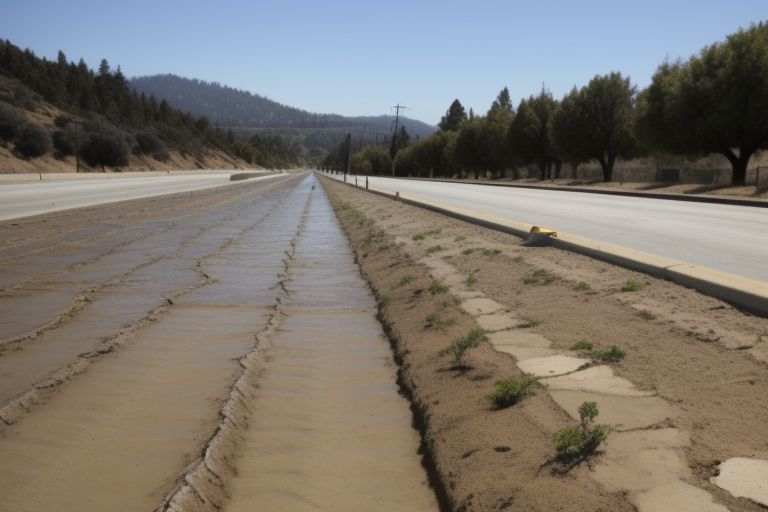
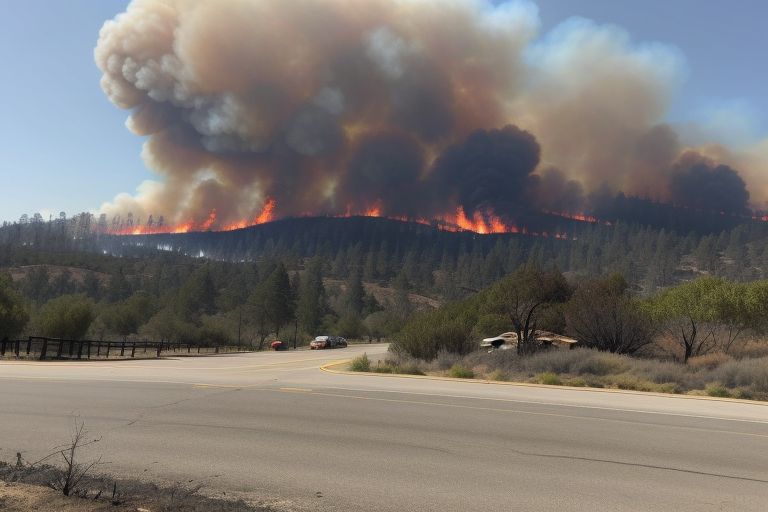
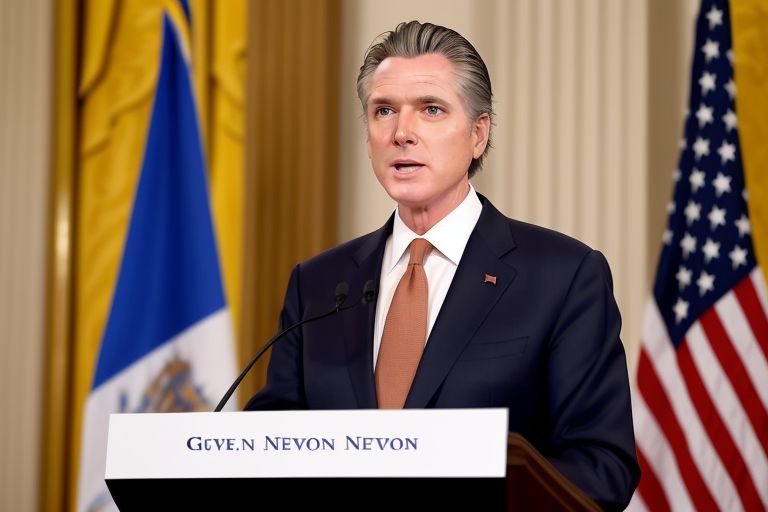

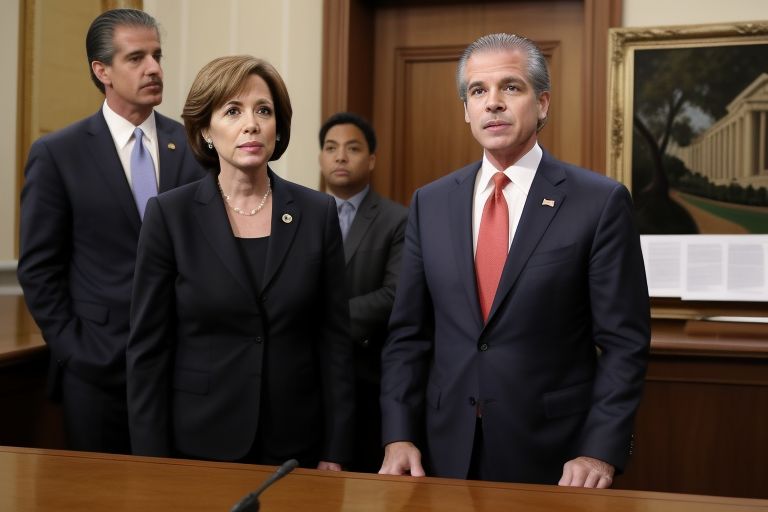
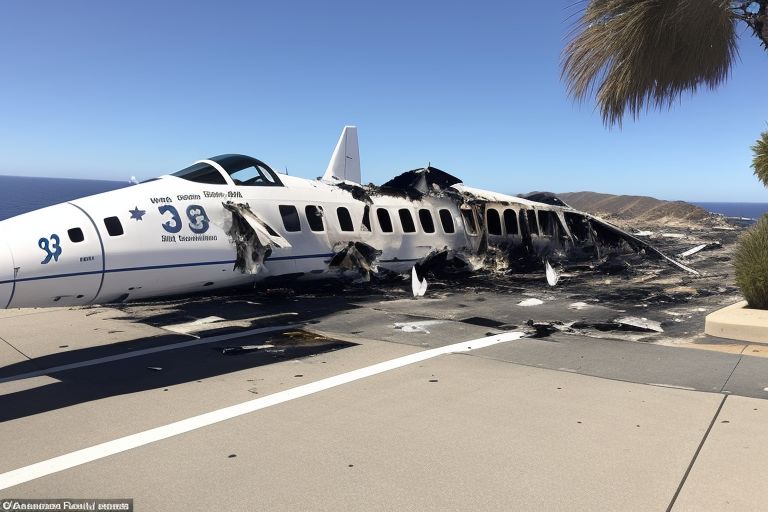
Leave a Reply